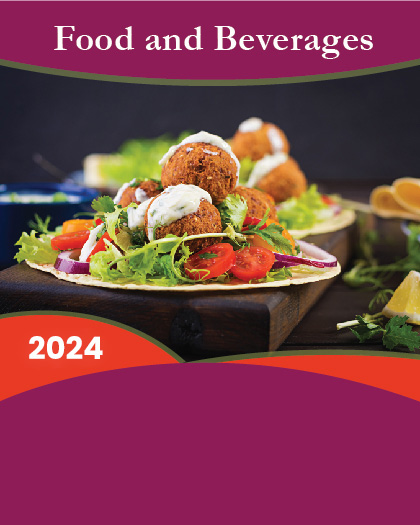
The global frozen vegetables market was valued at $25,179 million in 2016 and is expected to garner $34,973 million by 2023, registering a CAGR of 4.7% from 2017 to 2023. Deep frozen vegetables are products that can be stored and used over a long period of time. Freezing helps to retain the essential nutrients in vegetable, such as carotenes, which are essential to synthesize vitamin A in the body. In addition, to avoid food wastage, meet the needs of the rising population, and keep food businesses competitive and profitable, preservation of food by freezing is adopted by various food manufacturers.
The growth of the frozen vegetables market is driven by increase in demand and consumption of frozen foods in emerging markets of Asia-Pacific such as India and China. Increase in disposable income and change in lifestyle & food habits further boost the market growth. Moreover, rapid increase in number of large retail chains, including hypermarkets and supermarkets, fuels the demand for frozen vegetables. Growth in participation of females in the workforce has increased the dependency on readymade and convenient food products, which in turn increases the demand for frozen vegetables, thereby accelerating the market growth. However, consumer perception about low-nutritional contents in frozen foods and lack of proper refrigeration facilities in semi-urban and rural areas restraint the market growth. Advancements in freezing technologies are expected to provide lucrative opportunities for the market players.
The global frozen vegetable market is segmented based on product, end user, distribution channel, and geography. Based on product, it is divided into asparagus, broccoli, green peas, mushrooms, spinach, corn, green beans, and others. In terms of end user, it is bifurcated into food service industry and retail customers. Based on distribution channel, it is divided into discounters, supermarkets/hypermarkets, and others. Geographically, it is analyzed across North America, Europe, Asia-Pacific, and LAMEA.
The major players profiled in this study include:
Aryzta AG
General Mills Inc.
Kraft Foods Group Inc.
Ajinomoto Co. Inc.
Cargill Incorporated
Europastry S.A.
JBS S.A.
Kellogg Company
Nestle S.A.
Flower Foods
KEY BENEFITS FOR STAKEHOLDERS
The report provides an in-depth analysis of the current trends, drivers, and dynamics of the global frozen vegetables market to elucidate the prevailing opportunities and potential investment pockets.
It offers qualitative trends and quantitative analysis from 2016 to 2023 to assist stakeholders to understand the market scenario.
In-depth analysis of the key segments demonstrates the products of frozen vegetable and its end users in the market.
Competitive intelligence of the industry highlights the business practices followed by key players across geographies and the prevailing market opportunities.
The key players are profiled along with their strategies and developments to understand the competitive outlook of the industry.
Frozen Vegetables Market Key Segments:
By Product
Asparagus
Broccoli
Green Peas
Mushrooms
Spinach
Corn
Green Beans
Others
By End User
Food Service Industry
Retail Customers
By Distribution Channel
Discounters
Supermarkets/Hypermarkets
Others (Convenience Stores and Mom & Pop Stores)
By Geography
North America
U.S.
Canada
Mexico
Europe
UK
Germany
France
Italy
Spain
Russia
Rest of Europe
Asia-Pacific
China
India
Japan
South Korea
Rest of Asia-Pacific
LAMEA
Africa
Middle East
South & Central America
























